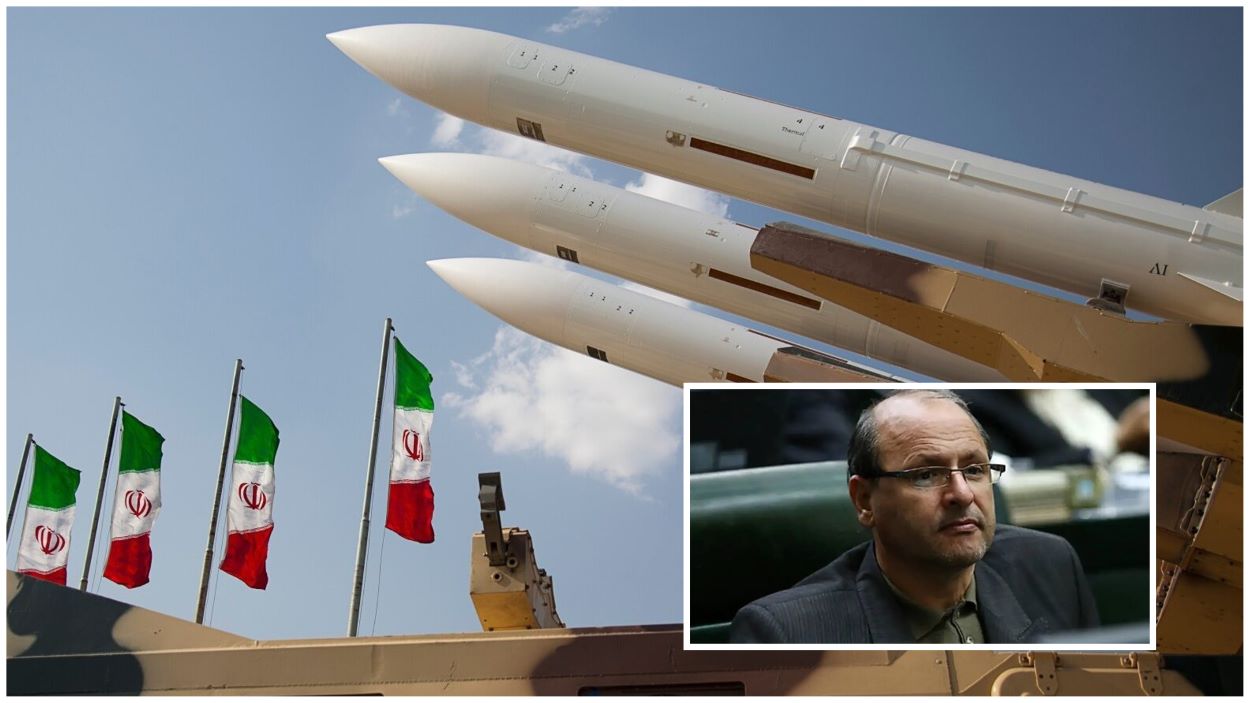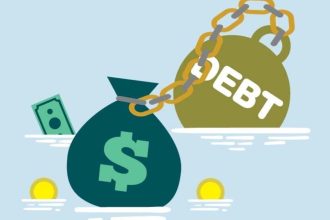The UN’s atomic watchdog warned about Iran’s uranium stockpile, and a prominent Iranian lawmaker, Ahmad Bakhshayesh Ardestani, claimed on Friday that Iran possesses nuclear weapons.
Speaking to Rouydad 24, Ardestani suggested a dual stance: Iran holds nuclear bombs per an undeclared policy yet adheres to the JCPOA, which aims to prevent nuclear armament.
The JCPOA, enacted to curb Iran’s nuclear ambitions, ceased U.S. participation under President Trump in 2018. His administration argued that the deal failed to halt Iran’s nuclear developments. The agreement provides Iran significant economic relief in exchange for its nuclear restraint.
Ardestani, re-elected to the Iranian parliament in March, remarked that geopolitical rivalries necessitate nuclear capabilities to match the U.S. and Israel. He referenced global conflicts, like Russia’s invasion of Ukraine and Israel’s operations in Gaza, to justify the need for such armament. However, he noted that whether this would be publicly acknowledged remains uncertain. Fox News Digital has sought comments from Iran’s Foreign Ministry and its U.N. mission.
Jason Brodsky of United Against a Nuclear Iran urges caution in assessing Ardestani’s statements, noting his limited role in nuclear decision-making. Meanwhile, Kamal Kharrazi of the Iranian Strategic Council echoed similar sentiments in a 2020 interview, asserting Iran’s capability to develop nuclear arms while maintaining the decision as conditional on external threats.
Criticism mounts against the Biden administration’s approach, with accusations of ineffective containment and de-escalation strategies regarding Iran’s accelerating nuclear pursuits. A German intelligence report highlighted Iran’s persistent efforts to procure nuclear and missile technology, contravening international sanctions.
David Wurmser, a former non-proliferation advisor, emphasized the unpredictable nature of intelligence, suggesting that while Iran may not yet have a nuclear weapon, its advancements could outpace expectations. This situation presents dire implications for regional stability and global power dynamics.
Recent statements by Iranian officials and the IAEA’s ongoing efforts underscore the critical and urgent nature of the situation, with global implications hanging in the balance.






